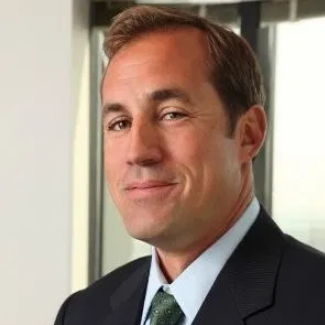Boston– Life-science lab space has emerged as a coveted sector of commercial real estate as hefty increases in funding and employment have fueled both demand for lab space and construction of it in leading U.S. life-science markets, according to a new report from CBRE.
Boston led the way nationally in demand, inventory and new construction in the 12 months ending March 2021, according to the report. Boston tallies 4.75 million square feet (msf) of demand, 37.8 msf of existing inventory and 5.8 msf of construction in progress. Buoyed by two of the top universities for life sciences talent in #1 Harvard and #4 MIT, Boston also topped the list in life science venture capital investment at $9.6 billion. The market has one of the country’s lowest vacancy rates at just 2.8 percent.
Nationally, companies actively seeking life-science real estate in the first quarter targeted a cumulative 19.3 million sq. ft. of lab space in the top 12 U.S. life-science markets, according to CBRE’s Midyear U.S. Life Sciences report. This represents more than 12 percent of the total existing life sciences space across these markets—a rate of demand that is fueling ongoing construction of lab space.
U.S. lab space under construction totaled 18.9 million sq. ft. at the end of this year’s first quarter. Meanwhile, tight vacancy—averaging just 5.6 percent across those markets —is causing lab rents to rise to record levels in the leading life-science hubs of Boston, the San Francisco Bay Area and San Diego.
“Record-setting demand over the past 12 months is expected to continue, driving intense competition for lab space until 2022/2023 when new developments and conversions are delivered,” said Jonathan Varholak, a CBRE Vice Chairman specializing in life-sciences and Boston-area real estate. “With limited space available in the near term in East Cambridge, leasing activity has picked up in surrounding life science clusters, including the Seaport, Watertown and the 128 West submarket. Demand has been fueled by continued venture capital funding for smaller companies emerging from incubators and from larger, mature biotech and pharma companies continuing to grow.”
The $10 billion in venture capital awarded to U.S. life sciences companies in the first quarter marked a record, exceeding the previous high in last year’s fourth quarter by roughly 60 percent, according to the PwC Moneytree Explorer survey. U.S. life-sciences employment has risen by 15.6 percent since April 2017, outpacing the growth of the larger tech industry.
| Market | Demand (sq. ft.) | In-Progress Construction | Venture Capital Awards* |
| Boston | 4.75M | 5.8M | $9.6B |
| SF Bay Area | 2.9M | 2.8M | $6.3B |
| San Diego | 2.8M | 3.3M | $4.6B |
| Denver-Boulder | 1.6M | 635,319 | $276M |
| Philadelphia | 1.5M | 1.5M | $761M |
| New Jersey | 1.2M | 147,000 | $98M |
| New York City | 1.1M | 1.9M | $1.9B (metro area) |
| Wash D.C. | 1.1M | 472,500 | $698M |
| Raleigh-Durham | 839,000 | 380,000 | $469M |
| Chicago | 597,500 | 704,454 | $492M |
| Seattle | 500,000 | 913,000 | $1.1B |
| Los Angeles | 417,000 | 229,398 | $283M** |
- For 12 months ending in March 2021 ** Includes Orange County
CBRE’s report highlights a rapidly growing subsector of life sciences: biomanufacturing. These facilities mass produce the medicines discovered by the industry. In four key, East Coast markets – Boston, Philadelphia, Washington, D.C., and Raleigh – vacancies for biomanufacturing space measure 2.8 percent or tighter. Roughly 1.4 million sq. ft. of biomanufacturing space is under construction across those markets.


